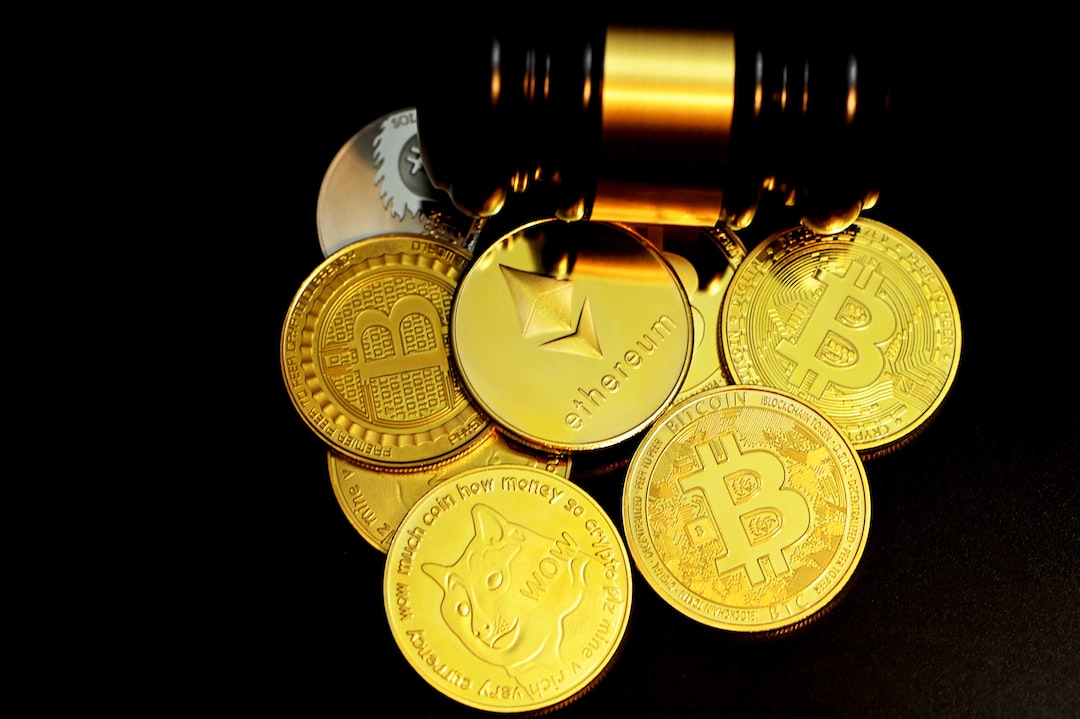Ripple Faces Continued Legal Battle as SEC Seeks to Appeal Court Decision
The US Securities and Exchange Commission (SEC) has formally requested the right to appeal against a court decision that ruled in favor of Ripple earlier this summer. Although Ripple achieved a partial victory when a judge ruled that most of its XRP sales did not constitute unregistered securities, the battle is far from over.
The SEC’s request comes after the deadline for Ripple to present its opposition passed in September. The regulator claims that there are still substantial grounds for a difference of opinion regarding how securities laws apply to digital assets.
Ripple opposed the SEC’s request, arguing that there were no extraordinary circumstances justifying an appeal. However, the agency disagrees, stating that the appeal would not prolong the process and that a resolution is in the best interest of all parties involved.
The SEC specifically appealed against the court’s rulings on two types of XRP sales: programmatic sales to retail investors, which were deemed legal, and “other distributions” that involved the exchange of XRP for goods and services.
“The SEC, like the Court, has an institutional interest in the most efficient ultimate resolution of this litigation. Defendants’ interest, by contrast, is to delay an ultimate resolution so that they may continue freely selling XRP into public markets without the disclosures that come with registration, to the tune of over $3 billion net ODL sales since 2020 alone.” – SEC filing.
Hot Take
The legal battle between Ripple and the SEC continues as the agency seeks to appeal the court decision. This ongoing dispute highlights the complexity and uncertainty surrounding the regulation of digital assets. It also underscores the importance of clear guidelines and definitions to avoid confusion and legal challenges in the crypto industry. Both Ripple and the SEC have their own interests at stake, with the former wanting to continue selling XRP without registration requirements and the latter aiming for a resolution that ensures investor protection. The outcome of this case could have significant implications for the broader crypto market and the regulatory landscape in the United States.





 By
By
 By
By
 By
By
 By
By
 By
By
 By
By